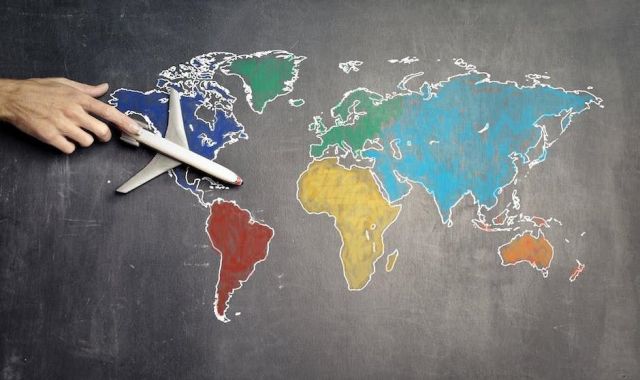
In the 21st century, we’ve seen rapid advancements in technology, science, and society. Such progress is reshaping our lives dramatically. Within this whirlwind of change, one sector has the power to shape and influence the future in remarkable ways – Education.
The focus here is the future of Basic Education. As the cornerstone for every society globally, how we conceptualize and execute Basic Education has far-reaching implications for our collective future. One aspect worth exploring is the integration of technology into Basic Education.
The increasing digitalization in the education system is not a mere trend, but a necessity to equip the future generation with the skills required for the digital age. However, we are not merely referring to computer classes or teaching students how to use Microsoft Word and PowerPoint. The future of Basic Education emphasizes cultivating an in-depth understanding of technology and its vast capabilities.
Imagine a 3rd-grade science class where, instead of reading and learning about ecosystems from a textbook, students don augmented reality glasses and can virtually walk through rainforests, observing the flourishing wildlife and plants, thus making learning interactive and engaging. Similarly, imagine a history class where students can virtually visit historical sites or witness key historical events come to life through virtual reality, thus deepening the understanding and active engagement with the learning materials.
These innovations would not only spark students’ interest but also give them first-hand experience and a more profound understanding of the subject at hand. However, this does not imply the complete replacement of traditional teaching methods. Rather, the future of Basic Education lies in the perfect blend of old and new methods, creating a dynamic learning environment where students can explore, learn, and grow in their own unique ways.
Apart from technology, the future of Basic Education also stresses on fostering emotional intelligence and social skills, equipping students with the ability to understand and manage emotions, demonstrate empathy, establish and maintain positive relationships, and make responsible decisions. This aspect of education is often overlooked in traditional curriculums, but it is essential for children’s all-around development and well-being.
Moreover, the ability to adapt to different learning styles is crucial. Every child learns differently, and the one-size-fits-all approach does not work. By incorporating personalized learning plans and differentiated instruction in the classroom, education can cater to every child’s needs and strengths, thus fostering a love for learning and maximizing each child’s potential.
In conclusion, the future of Basic Education is about more than acquiring academic knowledge. It is about fostering a more comprehensive learning experience that prepares students for the challenges and opportunities of the 21st century. This vision of Basic Education demands a shift, not just in curriculum and teaching methods, but in our overall understanding of what education means and its ultimate purpose – to cultivate well-rounded individuals who can contribute positively to society.